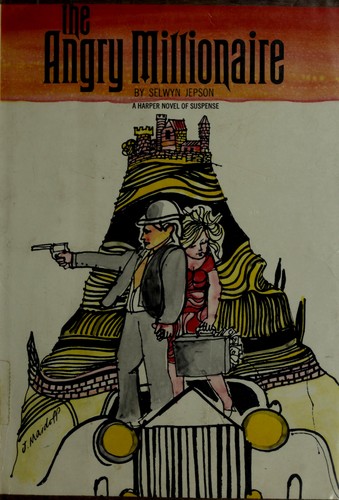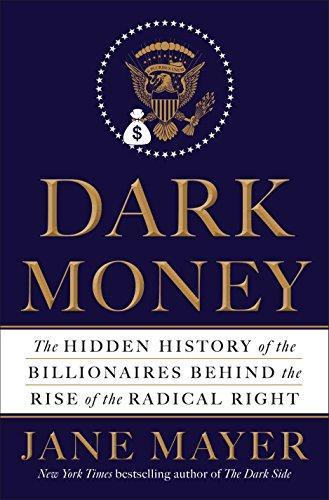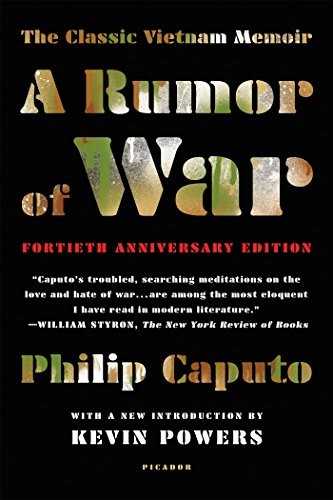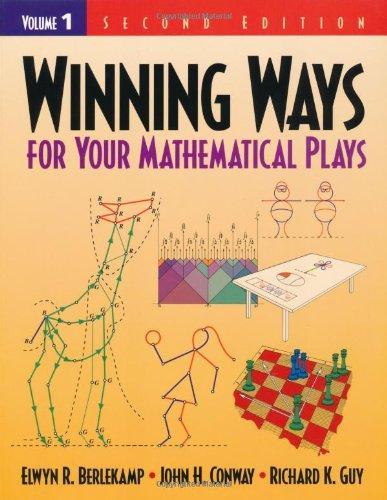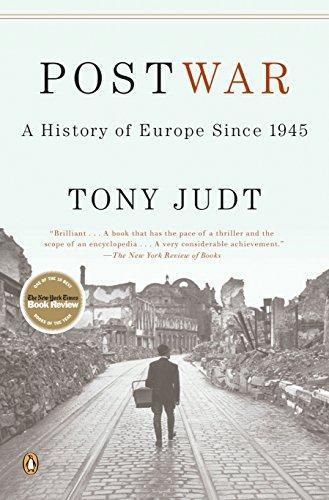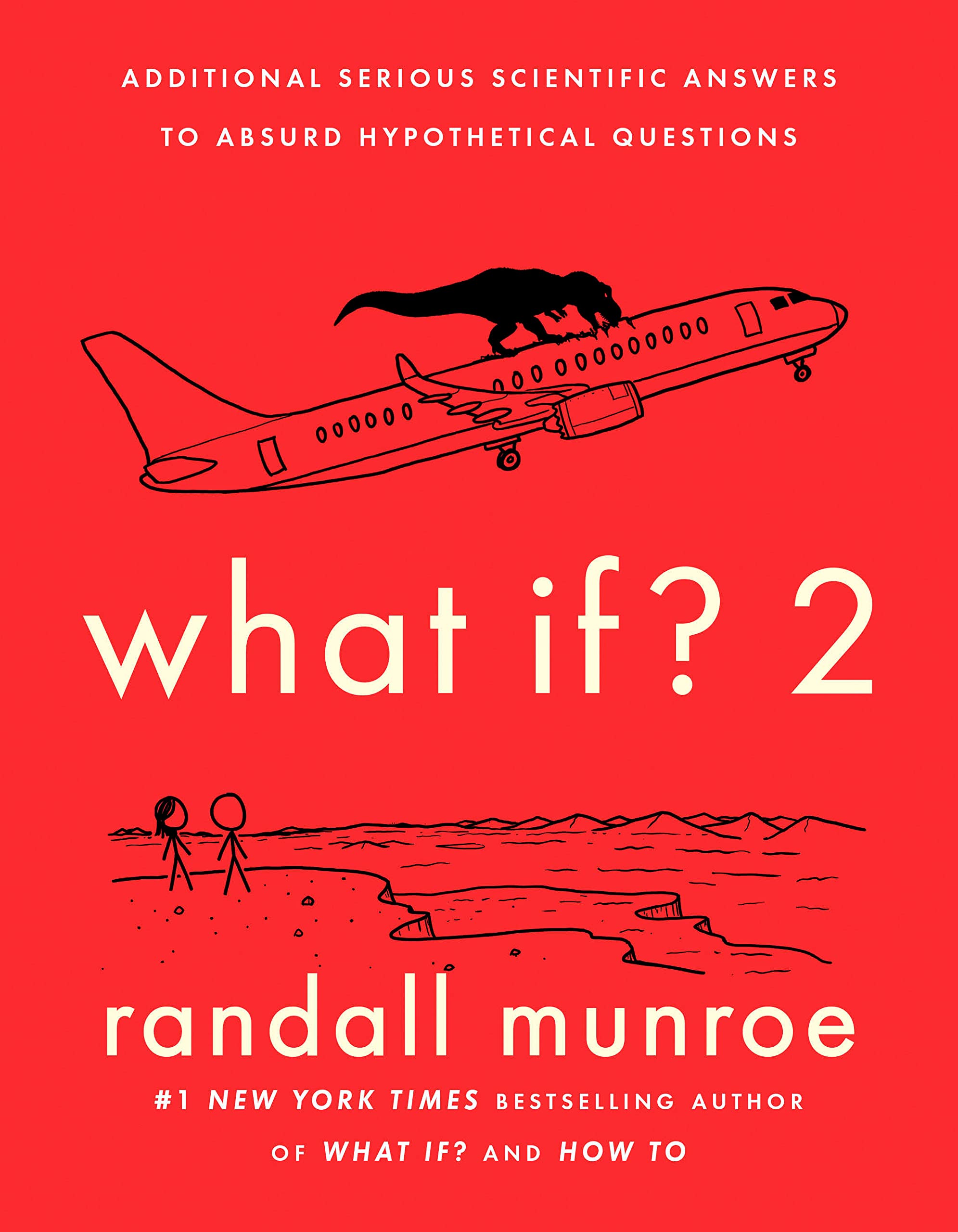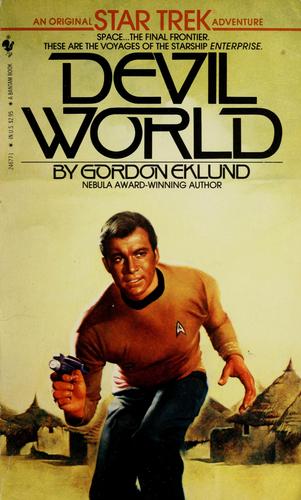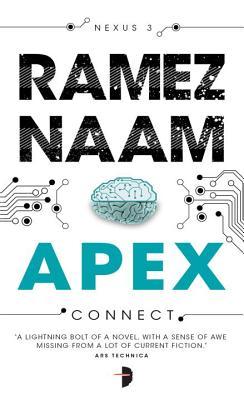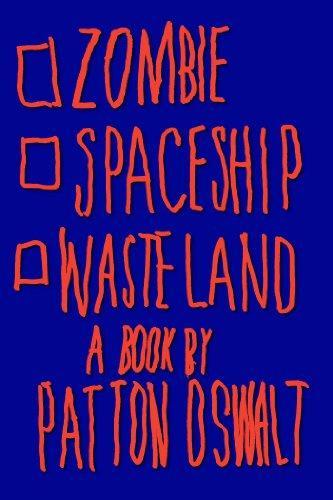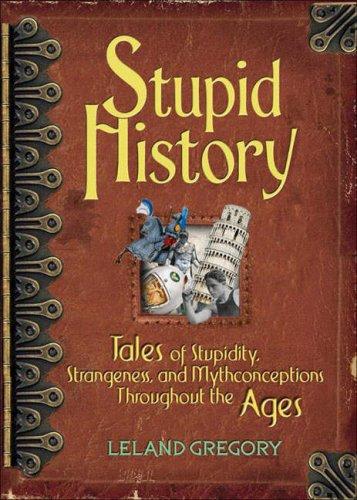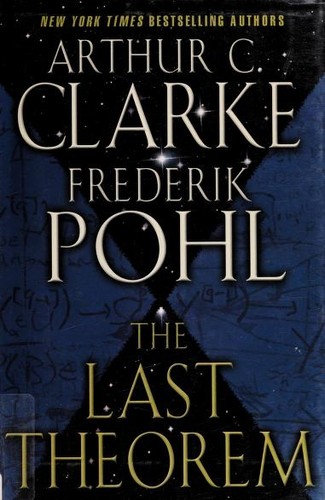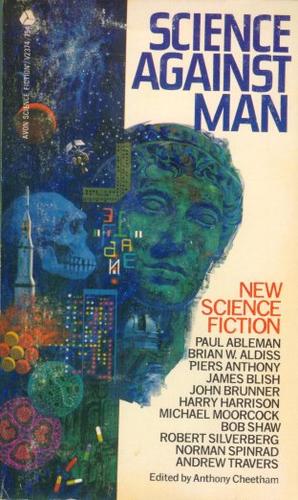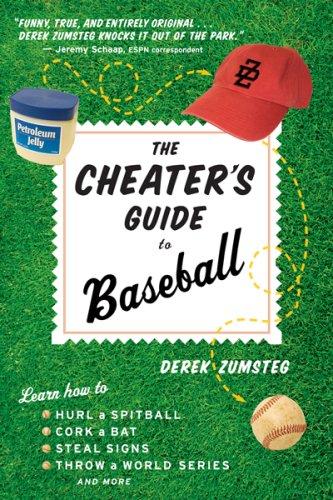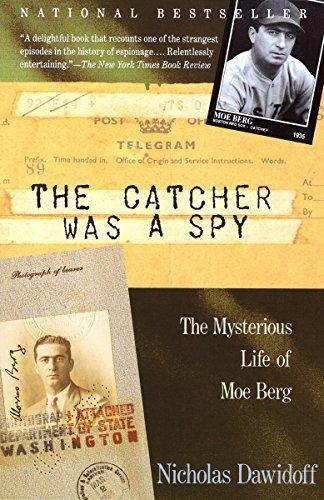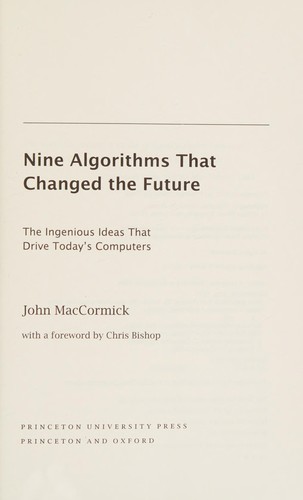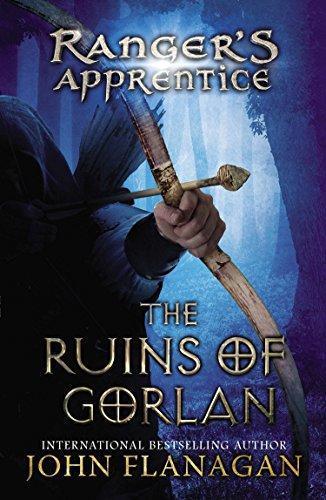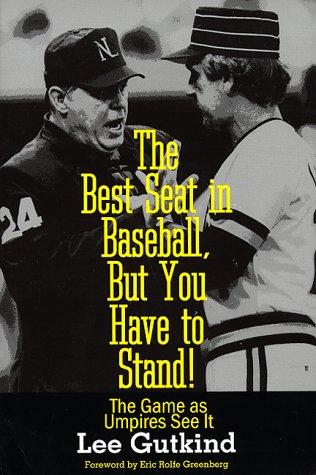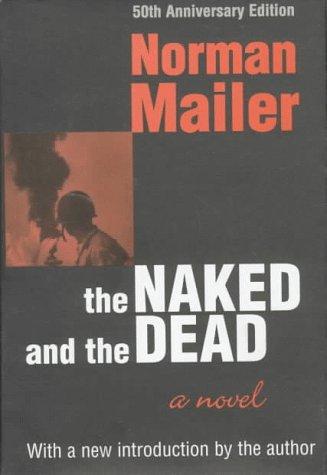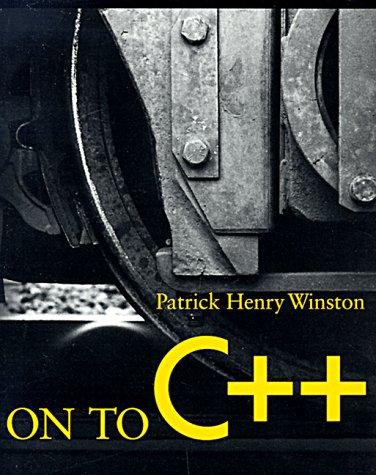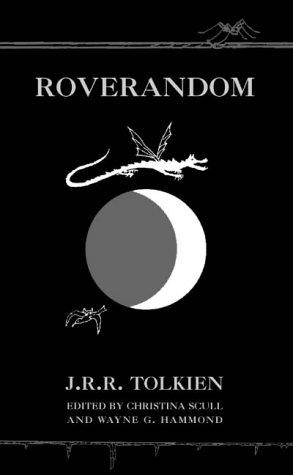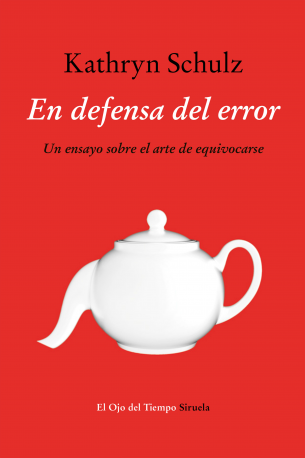Thom reviewed Zombie spaceship wasteland by Patton Oswalt
Review of 'Zombie spaceship wasteland' on 'Goodreads'
2 stars
Part comedy, part memoir, part filler. Put them together and you end up with a grey goo, and not very tasty. Adding "read by Patton Oswalt and Michael Stipe" is like adding a sprig of parsley or a mint to the goo - slightly improved, but still goo.
I enjoyed some of the memoir bits, especially describing life as a standup comic. The first chapter was pretty good also. The comedy bits were a mixed bag, and at least Patton has good comic timing. The fillers (greeting cards? hobo songs?) were mostly awful.

